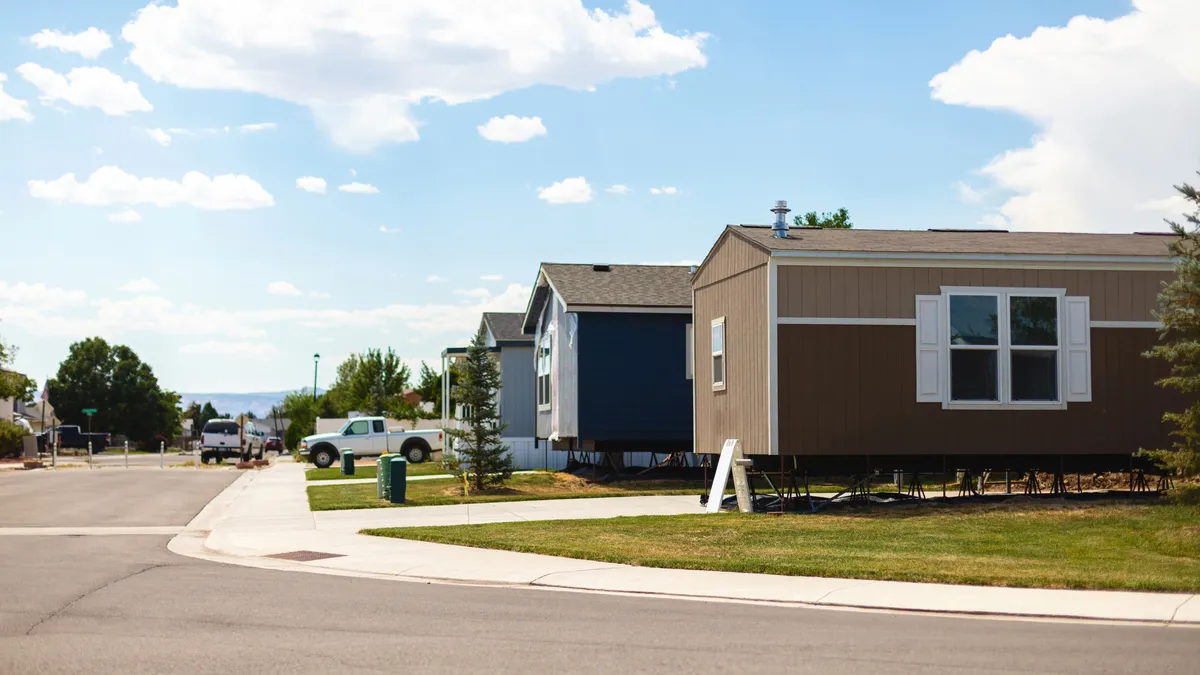Dive Brief:
- California State Senator Scott Wiener has amended his controversial housing bill that would increase housing density near transit stops throughout the state, overriding any municipal zoning codes. He eased a number of the measures following widespread pushback from California cities, including San Francisco, the city he represents.
- Under the changes, building heights near rail, subway and ferry stations could increase to five stories instead of eight. No building height increases will take place near bus stops, although those areas can have density increases.
- Developers will have to add more affordable housing units and cannot demolish low-income housing to build denser, higher end housing developments. If the bill passes, its implementation will be delayed to 2021 instead of next year.
Dive Insight:
The bill amendments indicate Wiener was receptive to pushback signaling that his bill wouldn't pass as it was, or perhaps wouldn't even make it past committee hearings, the first of which takes place next week. The changes ease, clarify or re-work sections of the bill that cities found most contentious.
Leaders in transit-rich cities such as San Francisco worried the previous version of the bill would allow for nearly the entire city to be covered in high rises, which are tightly regulated in the municipal zoning code. But scaling back to eliminate bus stops from the height increases greatly reduces that possibility, as does the decreased height restriction.
Many cities that had voiced concerns about the type of new developments that would be allowed if the bill passes will likely appreciate the affordable housing amendments. With housing prices throughout the state, especially in large cities, at incredibly high levels, leaders raised concerns about more high-end housing being built instead of the much needed affordable units. Plus, a number of leaders worried about low-income residences getting torn down and replaced with denser, higher end developments. The new bill language eliminates that possibility.
Although the amendments make concessions so cities view the bill more favorably and legislators therefore would be more likely to pass it, the concern still remains that the bill allows for drastic, sweeping changes that override cities' authority. The bill also treats housing and transit throughout the state exactly the same even though California is an enormous state and different cities and regions have very different personalities and needs. Wiener certainly will still encounter pushback for the bill, but with the amendments, it might be a bit reduced.











